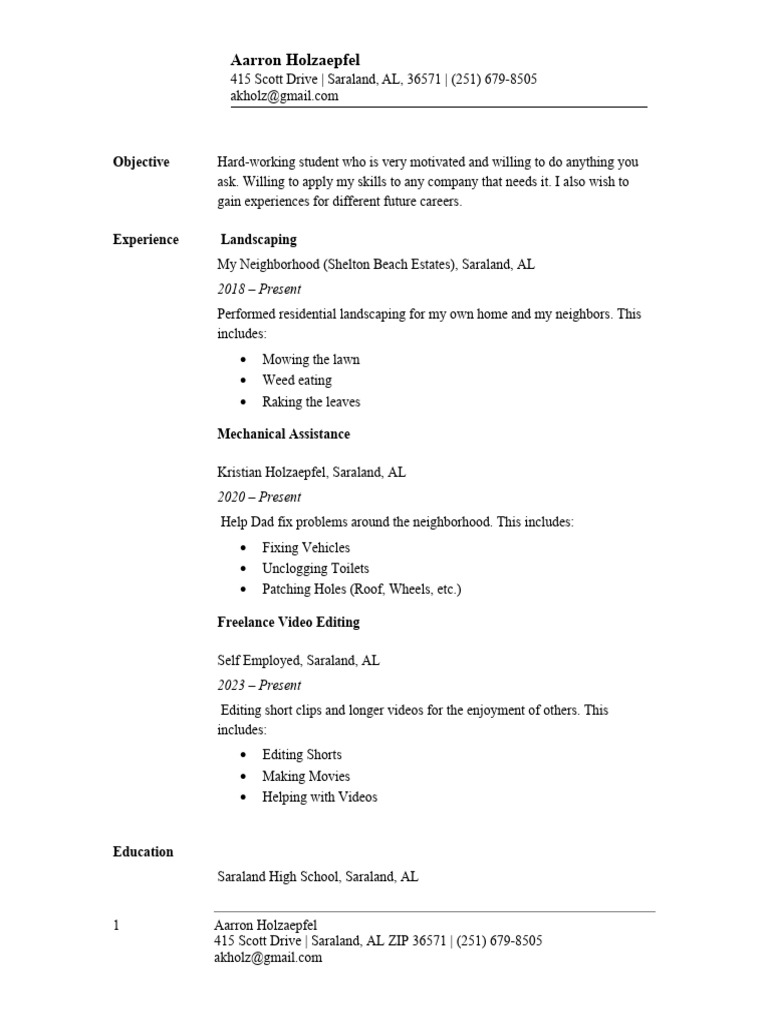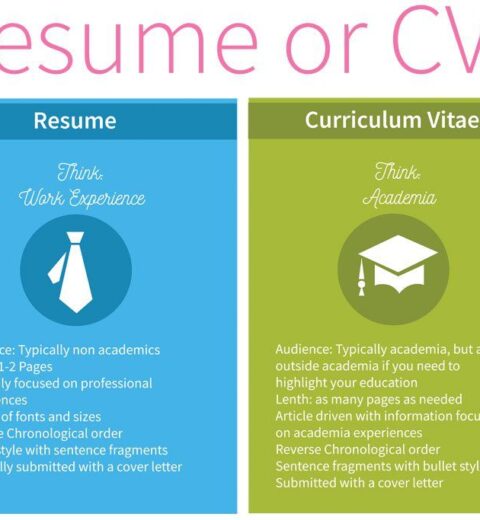As the job market continuously evolves, professionals must adapt their application materials accordingly. One pressing question that often lingers in the minds of job seekers is: should you include references on your resume in 2025? While this inquiry may appear straightforward at first glance, the topic is imbued with nuances that merit a thorough investigation. Let us delve into the factors that influence whether or not to feature references prominently on your resume.
The landscape of recruitment has shifted significantly in recent years. With the advent of technology and the adoption of innovative hiring practices, employers are increasingly employing Applicant Tracking Systems (ATS) that filter resumes based on keywords and relevant experience. In this context, one must ponder: Does the inclusion of references serve as a valuable asset, or does it detract from the essential components of a resume, such as skills and achievements?
Traditionally, job applicants have furnished references as a means of validation—an endorsement from previous employers or associates that attests to their capabilities and character. However, in 2025, the utility of including references on a resume may not be as critical. Many employers now prefer to inquire about references later in the hiring process. For some organizations, the initial focus rests squarely on the applicant’s qualifications, leaving references as a secondary consideration.
Another intriguing aspect of this discussion involves the dynamics of contemporary hiring. As job seekers increasingly turn to professional networking platforms, like LinkedIn, references have transformed into digital endorsements. These online recommendations can amplify a candidate’s profile without necessitating their inclusion on a traditional resume. Can a well-curated LinkedIn profile substitute for the references indicated on a resume?
Yet, the act of deciding whether to include references is not solely dictated by trends. Individual circumstances and the specific role being pursued must be taken into account. For instance, if you are applying for a competitive role in a conservative industry—such as finance or law—having references directly on your resume may enhance your credibility. Conversely, in more progressive fields, such as technology or creative industries, the inclusion of references may be perceived as outdated.
Moreover, consider the potential challenge of balance. If you elect to allocate limited space on your resume to references, what will you sacrifice? A succinct resume is critical; thus, it is essential to weigh the importance of endorsing statements against showcasing quantifiable achievements and relevant qualifications. Instead of listing references directly, you may choose to state, “References available upon request,” thereby preserving valuable real estate for more impactful information.
Furthermore, one must also examine the implications of including contact information for references. If you name individuals, especially those currently employed, you risk jeopardizing their privacy or even their professional reputation. Such dilemmas pose a precarious conundrum for applicants. It raises another query: How do you honor the confidentiality of your references while still reaping the benefits of their support?
The alternative strategy—that of creating a separate reference sheet—has gained traction among certain job seekers. By presenting references on a separate document, you retain the ability to curate them for different applications, tailoring your list to align with specific job descriptions. This method enhances the flexibility of your approach and enables you to foreground the most relevant advocates for your abilities concerning particular roles.
However, one must approach this alternative with caution. Many hiring managers may still desire an integrated presentation, valuing simplicity and coherence over meticulous detail. If you provide separate documents, ensure that they are professionally formatted and easily accessible. With the rapid procession of hiring cycles, efficiency and clarity predispose you to a more favorable reception.
Additionally, it’s worthwhile to consider the trends in hiring practices as organizations become more holistic in their evaluation of candidates. With a proclivity toward the soft skills and cultural fit integral to any role, referencing behaviors and character traits may soon supersede the traditional recommendations for qualifications. Emphasizing a trustworthy character through behavioral references might become a focal point over the mere mention of previous job titles.
Personal branding, too, plays a pivotal role in the decision-making process surrounding references on a resume. Candidates with established online presences or portfolios may find it unnecessary to include explicit references because their work speaks for itself. If you possess a well-documented history of projects and achievements, the need for external validation could be diminished significantly.
In conclusion, the question of whether to include references on your resume in 2025 does not yield a definitive answer. A multitude of factors—including industry standards, the format of your resume, the role’s nature, and your personal branding—interweave to influence this decision. The careful consideration of these elements, along with adapting to the evolving recruitment landscape, will ultimately guide professionals in making an informed choice. As with so many aspects of job hunting, remaining agile and perceptive to the nuances of your field will serve you well in your career endeavors.




